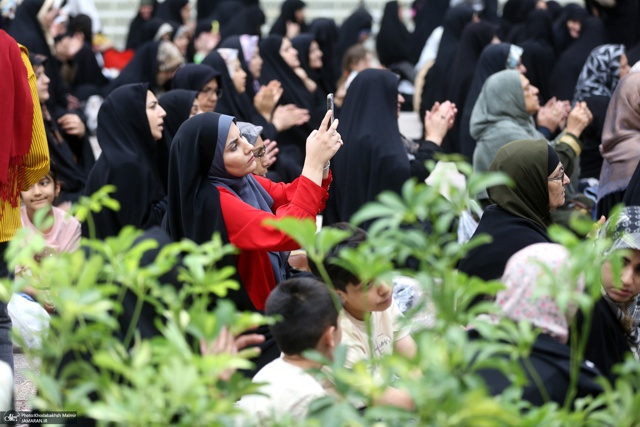In ancient Mesopotamia, the Akitu Festival was celebrated in Babylon around the spring equinox, dating back over 4,000 years and still practiced around 2,500 years ago under Neo-Babylonian kings like Nebuchadnezzar II. The Akitu was both religious and political, reaffirming the king’s role and asking the gods to bless the coming year. Rituals included processions of deities, public prayers, reenactments of creation myths, and days of fasting followed by celebration. It was one of the earliest known New Year festivals and helped define the rhythms of urban life in one of the world’s first great cities.

